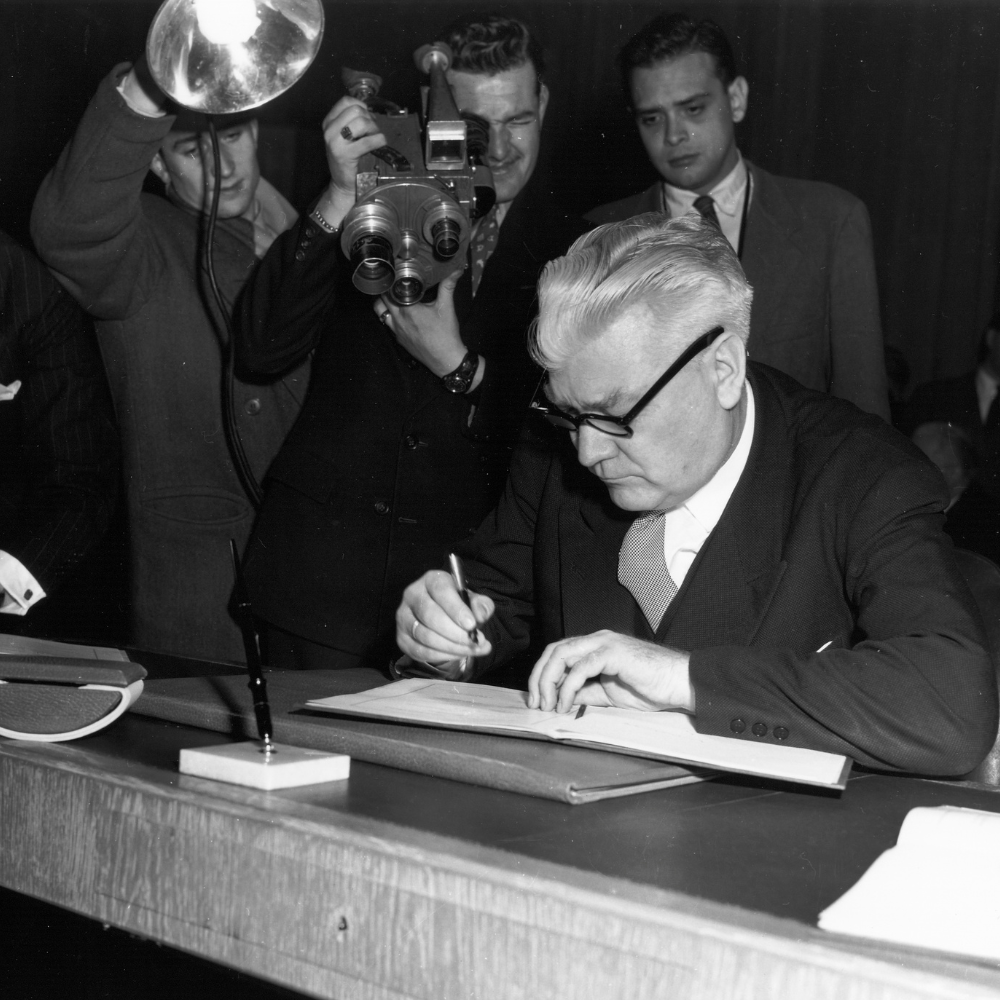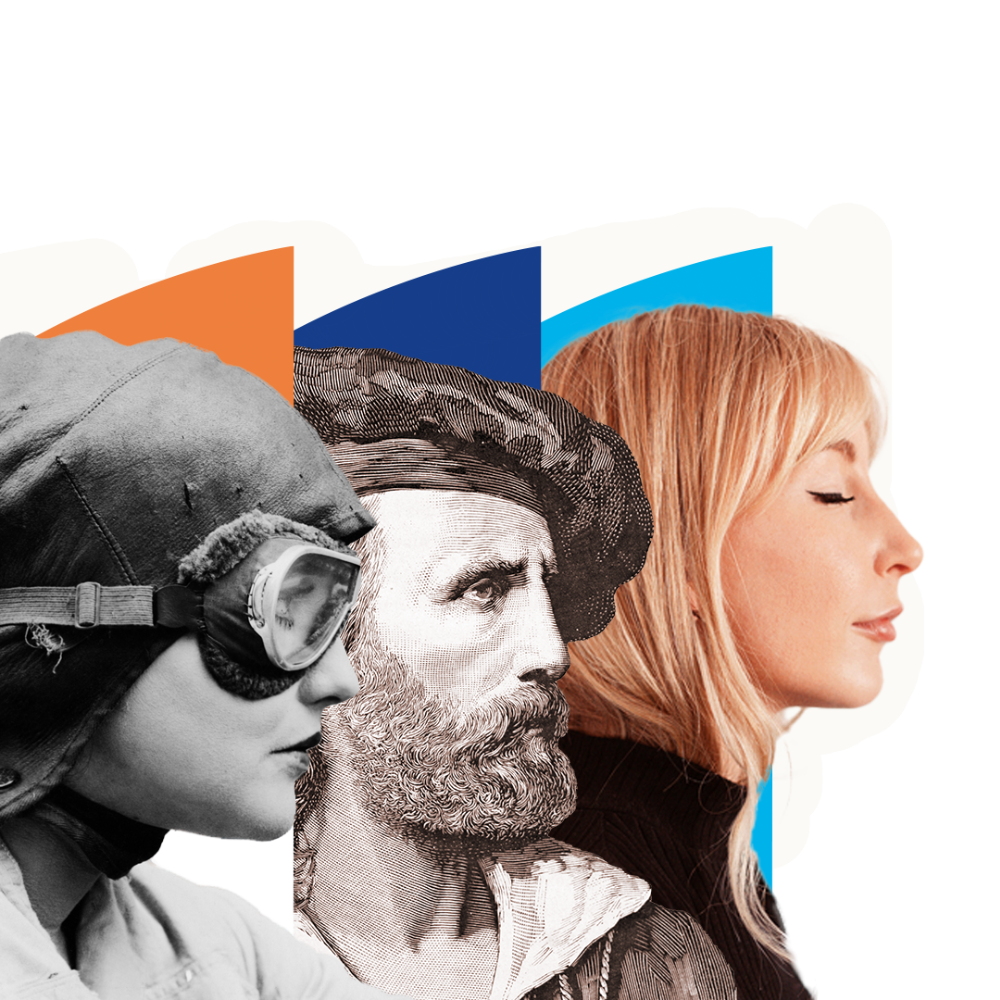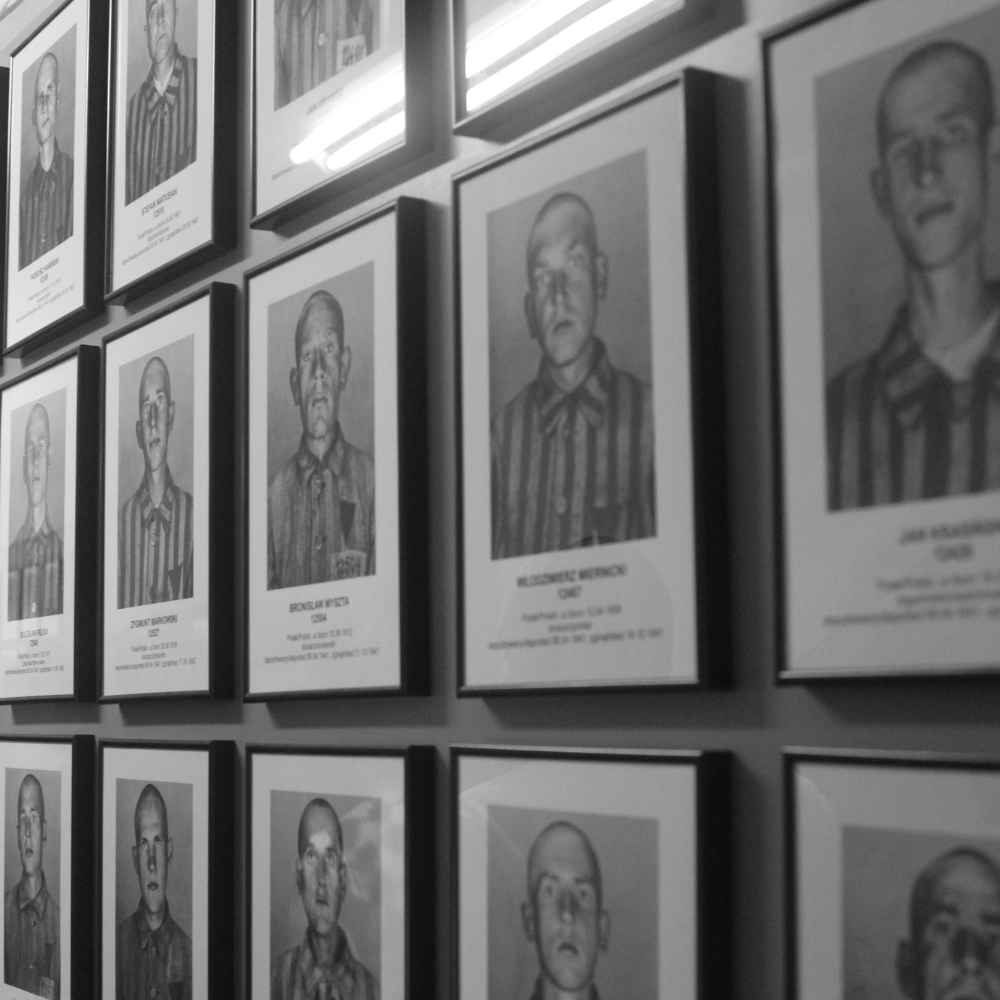
Intergovernmental Programme on History Education
As a 70 years strong activity, Council of Europe’s intergovernmental programme on history education institutionalised the dialogue of member states on the way history should be taught. It led to standards in the field of history teaching, such as Recommendation (2001)15 on history teaching in twenty-first-century Europe.

Observatory on History Teaching in Europe (OHTE)
OHTE is an Enlarged Partial Agreement of the Council of Europe, whose mission is to promote quality education in order to enhance the understanding of democratic culture. It provides a clear picture of the state of history teaching in its member states, based on reliable data and facts on how history is taught, through general and thematic reports.

Transnational History Education and Co-operation Laboratory” (HISTOLAB)
HISTOLAB seeks to reinvigorate the field of history education by bringing together innovative ideas on how to improve the teaching of history. Its digital hub features a database of experts and organisations in the field of history education, an interactive calendar and bulletin board, as well as a resource hub. HISTOLAB also organises once a year the “European Innovation Days in History Education”.

Remembrance of the Holocaust and Prevention of Crimes against Humanity
As a transversal initiative closely connected to the history of the Council of Europe and its foundation as a means to counter totalitarian ideologies after the Second World War, the Remembrance programme supports teaching about the Holocaust through the creation and publication of a number of resources that teachers may use for their teaching.
History Education and the Council of Europe
The Council of Europe's work on history education is founded on the assumption that understanding the past is essential for building a shared future, for fostering European democracies and for strengthening active democratic citizenship. Our vision and motto is: Teaching History, Grounding Democracy. History teaching that is based on multiperspectivity, historical thinking and on the values of the Council of Europe can enhance students’ critical thinking skills, democratic competences and empathy – all of which are essential for generations of young citizens that value democracy. At the moment, four distinct initiatives complement each other in tackling history education in a comprehensive manner: the intergovernmental project on history education, the Observatory on History Teaching in Europe, the HISTOLAB Joint Project of the European Union and the Council of Europe, and the Remembrance of the Holocaust and Prevention of Crimes against Humanity programme. Click on any of the boxes above to learn more about each initiative.



